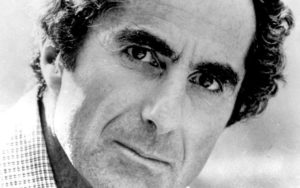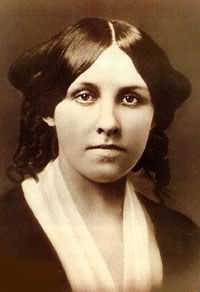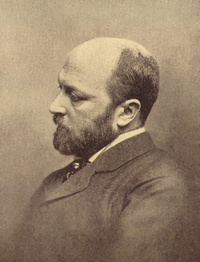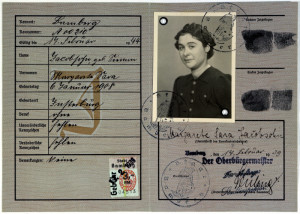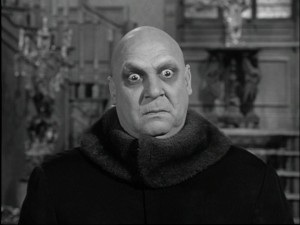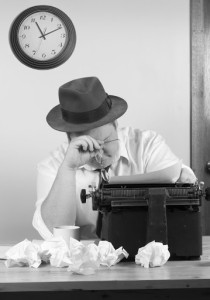Garth Greenwell has a new book out. When he published his debut a few years ago, the response from critics reminded me of my many years reviewing for the Detroit Free Press, the Washington Post and other publications. Back then, my colleagues sometimes struck me like a pack of wolves. One would start howling praise for a book and soon the cries would echo everywhere. The raves often triggered the contrarian in me: was the book really earth-shattering?
The panegyrics about What Belongs to You when it came out had put me off, but a creative writing student of mine told me he found it interesting, so I decided to read it.
The narrator was a gay American teacher in Bulgaria who got involved with an increasingly demanding hustler he met in a public toilet. One British reviewer said this novel actually made her tremble, while another hailed it as “incandescent.” That’s apparently the official word of choice for Greenwell’s work since it’s been applied to his latest book, too.
A New York Times reviewer called that debut an “instant classic” and compared the book to a Jackson Pollack painting, which seemed wildly inappropriate given its overall lack of energy.
Aside from listless prose, the major problem I had was the obnoxious, dishonest grifter. We were supposed to believe in the narrator’s intense attraction to this Mitko, yet his most distinguishing features were a chipped tooth and being well hung. The sex scenes were minimal and boring, which was problematic since the narrator’s sexual obsession seemed design to drive the book forward. They didn’t. It crawled.
While the novel’s framing sections were way too languid, the middle section worked best because the prose was more direct and compelling, less writerly. In those pages we experienced the narrator’s shameful memories of growing up with a brutal father and a treacherous, manipulative best friend.
I didn’t quiver reading that part of the book and my iPad screen didn’t glow, but I felt the author was far more deeply engaged. He spoiled it, though, when the narrator found a horse in a Bulgarian monastery at the end of that section. “It was tied up, I saw, it could have wandered off anytime it chose; but there was nowhere for it to go, of course, and the cart I supposed was heavy and there was something meager to be had there where it stood.”
Yes, dude. We totally got it. The narrator was trapped. Thanks for clarifying that. The sequence was like one of those corny songs at the end of a movie filled with lyrics explaining what you just saw in case you were too dumb to understand the two hours you’d just sat through.
Nobody recommended the new book Cleanness to me, but I started it anyway out of morbid curiosity. I found the same overlong, airless, flat sentences that weighed down What Belongs to You and had to give up. Greenwell is being compared to Proust, Virginia Woolf, James Joyce, Henry James, Thomas Mann, and D.H. Lawrence.
Calls for a Nobel Prize are probably next.
Lev Raphael is the author of 26 books in genres from memoir to mystery and teaches creative writing workshops at writewithoutborders.com.

